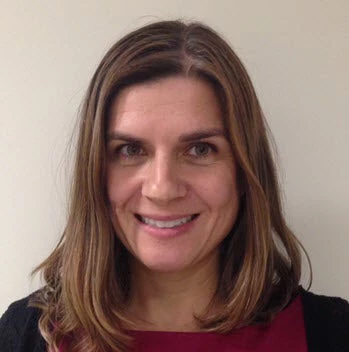 Three African ministers shared their experience with Bank officials on Thursday when they met to discuss ways to develop capacity in post-conflict countries.
Three African ministers shared their experience with Bank officials on Thursday when they met to discuss ways to develop capacity in post-conflict countries.
“We are here to listen—tell us how we can better assist you. And please, be frank,” said Obiageli Ezekwesili, World Bank Africa Region Vice President.
Ezekwesili asked the ministers from Liberia, Rwanda and the Democratic Republic of Congo (DRC) to discuss capacity development efforts in their countries, and to identify what has and has not worked, and how donors can provide more effective support for human development, infrastructure, and public sector reforms.
Several common themes emerged from the ministers’ interventions, including:
- Donors prioritizing support for primary and secondary education, and not higher education
- Donors pressing a “one size fits all” approach on countries, trying to replicate programs that were successful elsewhere
- The failure by expatriate advisors in civil service posts to transfer their knowledge and skills to local counterparts
- Tension among returning members of the Diaspora and local populations that stayed behind, partly around incentive structures for civil service
- An urgent need to deliver skills-training and create job opportunities for young ex-combatants
 Augustine Ngafaun, Minister of Finance for Liberia, outlined the enormity of the challenges facing his country, which has “75 percent of the educational facilities destroyed” combined with a “massive brain drain” as a result of professionals fleeing during Liberia’s recent conflict.
Augustine Ngafaun, Minister of Finance for Liberia, outlined the enormity of the challenges facing his country, which has “75 percent of the educational facilities destroyed” combined with a “massive brain drain” as a result of professionals fleeing during Liberia’s recent conflict.
“We have very few doctors, teachers and hardly any engineers,” said Ngafaun, Liberia's Minister of Finance.
He also noted that, despite the importance of the mining sector for Liberia’s growth, there are not even five geologists in the entire country.
Rwanda’s Finance Minister James Musoni noted that even though the reconstruction challenges were daunting, his country has made significant progress since the 1994 genocide. He said it is crucial for the donor community to understand the context in which each country operates, as in some cases the political leadership may not be ready.
Ezekwesili stressed the need to build confidence in all sectors, pointing out that “development solutions work only to the extent that the capacities of the nation-state, the private sector, and civil society are strong.”
“The lack of capacity is magnified by the stress of the post conflict environment,” Ezekwesili said.


Join the Conversation